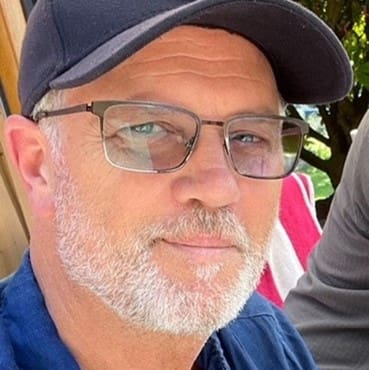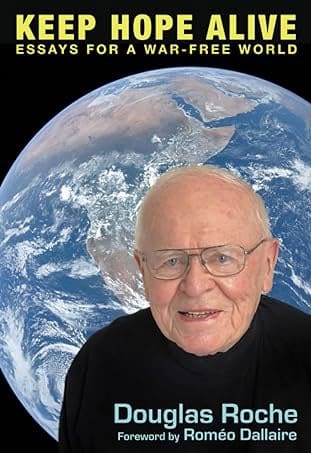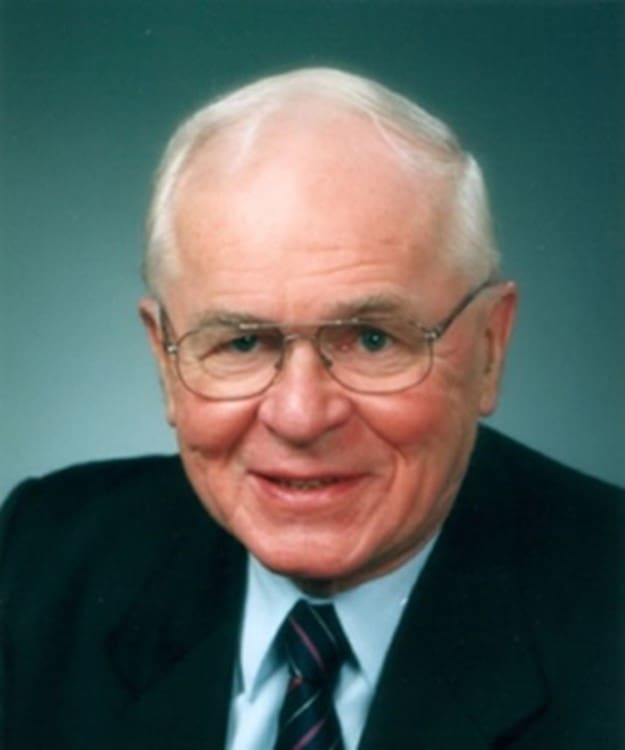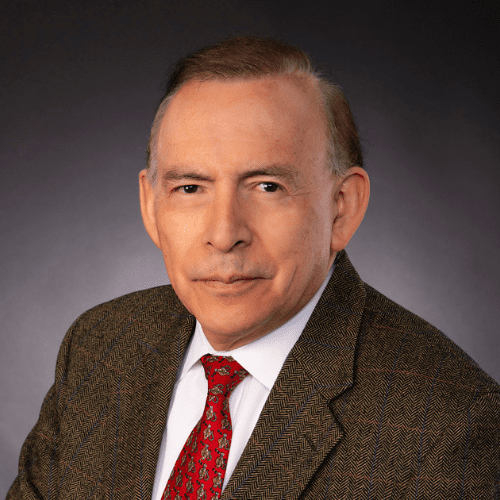Keep Hope Alive:
Essays for a War-free World
by Honourable Douglas Roche
Keep Hope Alive: Essays for a War-free World by Honourable Douglas Roche
Hon. Douglas Roche’s latest book, Keep Hope Alive is a call to action in a turbulent world. As a former diplomat, senator, and a tireless advocate for peace and disarmament, Roche writes with a profound sense of urgency. For World Federalist Movement members, it offers inspiration and sage advice for facing diverse global challenges.
Roche’s central thesis is clear: a commitment to hope must be sustained and nurtured while working for a better world. This perspective aligns with the core principles of world federalism: advocating for stronger international institutions, global governance, and collective action.
Touching critically on the legacy of colonialism “that never really disappeared”, and pointing to the “Reaganomics” and “Thatcherism” of the 1980’s, Roche contextualizes current global issues within a broad, historical and philosophical framework. He discusses threats posed by “mal-governance and grotesquely concentrated wealth” setting the stage for populist demagogues. Because nuclear weapons, climate change, and socio-economic inequality interconnect, he argues that a coordinated global effort is required in response. For world federalist readers, Roche’s focus on the need for robust international cooperation and governance will land on common ground.
The book traces the peace movement’s evolution from the early 20th century to the present day. Roche pays homage to activists and leaders who have dedicated their lives to the cause of peace, and he examines the movement’s successes and failures through a critical lens. This historical perspective, including frank mention of religion, gender based violence and the role of “men’s egos” in war is invaluable for understanding the current state of global affairs, especially as they pertain to the full potential of women and girls yet realized.
A significant length of Keep Hope Alive is devoted to nuclear disarmament, a cornerstone issue of the author’s career. Roche provides a detailed analysis of the current status of nuclear arsenals, and of the geopolitical dynamics that perpetuate their existence. His insights are particularly relevant in light of renewed tensions between major powers in our increasingly multi-polar world. Roche argues persuasively, that the elimination of nuclear weapons is not only a moral imperative, but a practical necessity for global security. He levels criticism at the way Western nations invested in and expanded NATO following the cold war, while also restricting the UN’s ability to function as intended. “Western hubris” he notes, “could not be contained.”
Roche addresses the existential threat of climate change, drawing parallels between the need for disarmament, and the urgent need for environmental action. He critiques the inadequate response from national governments, and emphasizes the importance of international agreements like the Paris Accord. For world federalists, the need for a global governance is reinforced.
One of the most compelling aspects of the book is Roche’s exploration of the role of civil society. He credits grassroots movements, non-governmental organizations, and individual activists for shaping policy and influencing leaders in their time. The bottom-up approach is a key tenet of the world federalist movement calling for diverse voices in decision-making processes.
Roche is frank in his assessment of the challenges and setbacks faced by peace and disarmament movements. He acknowledges the frustrations and disappointments, then takes stock of the gains insisting that setbacks must never deter us from our purpose. Instead, Roche insists, failures must serve as lessons for strategic refinement. In a vulnerably tender passage, Doug laments the shift from in-person conferencing to the convenience of digital meetings. He notes his sense of loss these days, of in-depth, face to face discussions with learned colleagues.
Keep Hope Alive is a powerful and timely book that should resonate deeply with world federalists. Douglas Roche’s eloquent and passionate advocacy for peace, disarmament, and global cooperation offers a sobering assessment of our current predicament, and a hope-filled vision for our common future. This book is an essential read for World Federalist Movement members and kindred spirits working to build a more peaceful and just world. Doug has for years amused close friends saying each book will be his last…perhaps this is the day that promise becomes true.

Blake MacLeod
WFM-Canada Board Member
Mondial Managing Editor
ABOUT THE AUTHOR
Honourable Douglas Roche, author of Keep Hope Alive: Essays for a War-free World
Honourable Douglas Roche
The Hon. Douglas Roche, O.C., is an author, parliamentarian, and diplomat, who has specialized throughout his 50-year public career in peace and human security issues. He lectures widely on peace and nuclear disarmament themes. Hon. Roche was a Senator, Member of Parliament, Canadian Ambassador for Disarmament, and Visiting Professor at the University of Alberta. He was elected Chairman of the United Nations Disarmament Committee at the 43rd General Assembly in 1988. In 2018, he was recognized by the International Peace Bureau as one of three recipients of the Seán MacBride Peace Prize. He is an Officer of the Order of Canada.
What’s your motivation for writing the book?
“I wrote the book because I wanted to show readers that there is a way forward toward world peace and security and that working for this goal helps raise hope within us. A global conscience is arising and we must reflect it in our actions to overcome the failing political leadership in the world today. The conflicts in Ukraine and Gaza are scarring tragedies, with hundreds of thousands killed and wounded, famines worsened, nuclear warfare threatened, and diplomacy unravelled. How do we get to a place of hope from here? This collection of essays shines a light on the reasons for my hope that humanity can achieve a peaceful and just coexistence through the UN’s New Agenda for Peace and its blueprint for sustainable development.“



























